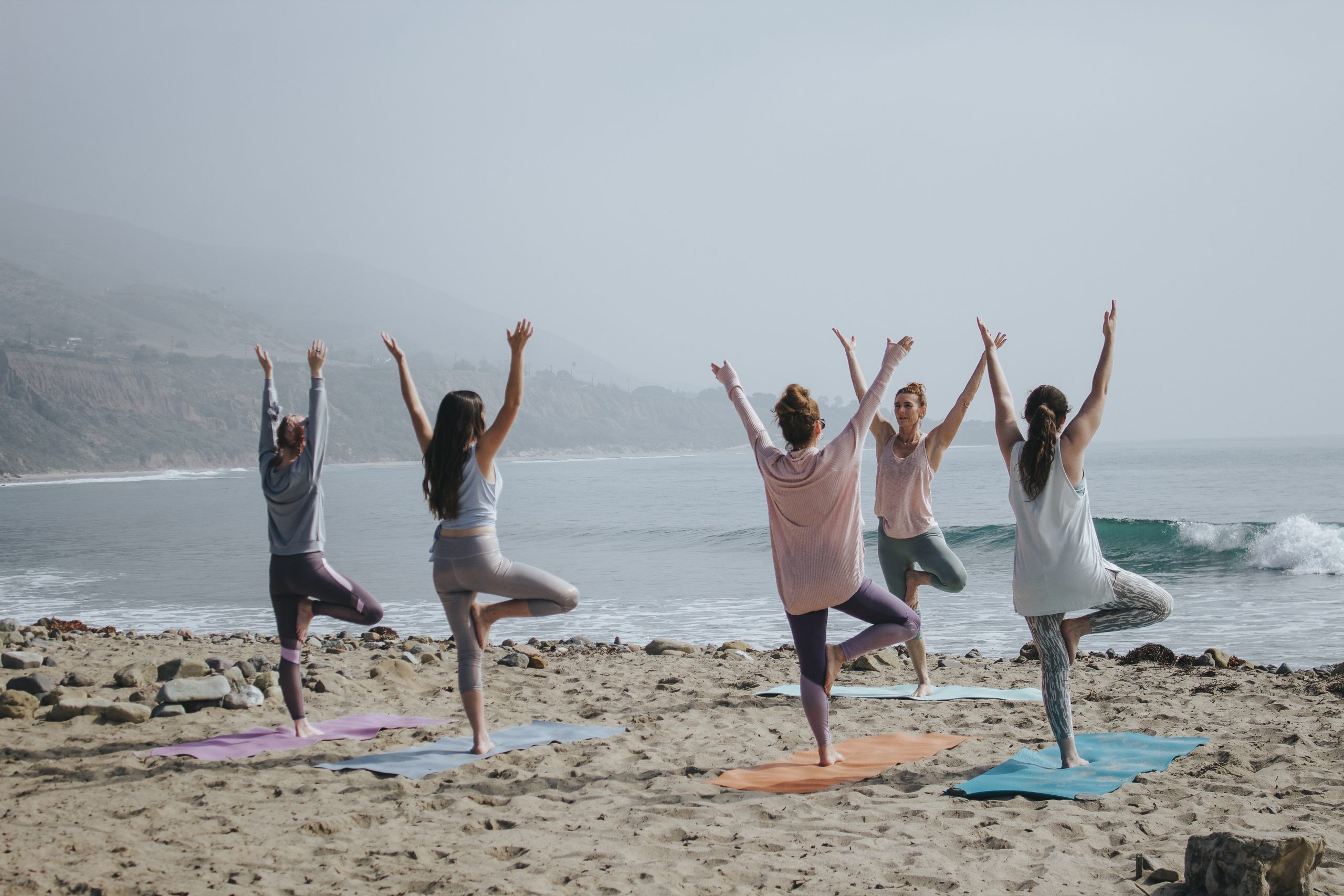Yoga is a hugely popular exercise for a reason. Studies have shown it has a number of positive effects on both physical and mental health. With its emphasis on mindfulness, it’s common to incorporate yoga into a self-care routine. But did you know it can also be a fun family activity? In celebration of international Yoga Day on June 21st, for this blog, we’ve decided to explore some of the reasons why yoga is a perfect exercise to incorporate into foster families – for both foster parents and foster children.
If you’re interested in fostering, please reach out to Orchard Fostering today. We’re available on the phone or via email – you can also fill out a form directly on our contact page.
The Benefits of Yoga for Foster Parents
Yoga Improves Your Overall Fitness
Yoga is a low-intensity exercise that improves flexibility, strength, balance, and posture. Whether you exercise regularly or are looking for something new to add more movement to your day, a regular yoga practice will make a big difference to your physical health. When paired with running, cardio, or other high-intensity exercises, it creates a great foundation you can continue to build upon.
Yoga Helps With Stress Relief
It’s no secret that modern life can feel nonstop at times. With so much to do and so little time, it’s easy to forget to take care of your mental wellbeing. But carving out just 10 minutes to centre yourself with a yoga practice can yield huge benefits for your mental health. By reducing cortisol levels, yoga can help with daily stresses as well as anxiety and depression.
Yoga Benefits Your Physical Health
Yoga benefits your body in a number of ways. By improving your overall flexibility, it helps to protect your spine, joints, and cartilage by keeping them healthy and preventing degeneration. Yoga can also improve your bone health by increasing bone density and preventing osteoporosis. By lowering blood pressure, it reduces heart inflammation. And if you suffer from back pain, arthritis or asthma, yoga has been proven to significantly alleviate the symptoms of these common conditions.
It Requires Little Time Or Equipment
Even if you only have ten minutes before you need to begin the school run in the morning, Yoga is the perfect exercise to squeeze into a hectic schedule. Just a little consistent practice can make a world of difference to your mental and physical health. More than that, all you need is a comfy pair of clothes and a yoga mat to get started. (And if you don’t have a yoga mat – a towel can work too!)
The Benefits of Yoga for Foster Children
Yoga Promotes Better Sleep
A yoga practice before bed could be a great routine for foster children who have trouble sleeping. Yoga helps to relax you and improves sleep by calming the nervous system and increasing melatonin production. This works even better when it’s combined with a mindfulness practice at the end of the session. Make sure your foster child is ready for bed before beginning so they can ease into sleep without any disruption.
It Improves Breathing
One of the most important aspects of yoga is learning how to manage your breathing. It teaches you how to breathe deeply and fully which can improve lung function as well as reduce anxiety. If your foster child suffers from stress, breathwork can be a very powerful tool to help them feel grounded and present in the moment. Focus on yoga tutorials or classes that put focus on good breathing techniques.
Yoga Enhances Brain Function
By increasing blood flow and oxygen to the brain, yoga can improve cognitive function and stimulate the growth of new brain cells. Naturally, this is great news for everyone! But it has a particularly good effect on children who are still in the developmental phase.
Yoga Can Help Families Bond
Yoga is often pictured as a solitary exercise, but there’s no reason it needs to be! In fact, with all the benefits listed above, it’s a great idea to get the whole family involved. By having a set, regular practice it’s not only a fun way to spend time together as a family but you can keep each other on track with your health and fitness goals.
It’s a Mood Booster
By increasing blood flow and oxygen to the brain, yoga helps to boost energy levels as well as your overall mood. This is important for foster children who may be struggling to settle into their new environment or just establish a new routine that will help them feel more at home. This is just one of many ways you can boost your foster child’s mood.
Yoga poses for beginners and their benefits:
Downward dog pose:
This popular yoga pose strengthens every part of your body including your arms, shoulders, back and legs and stretches your hamstrings and calves. It also improves circulation and digestion.
Tree pose:
This simple but effective yoga pose improves your balance, posture and concentration and helps to strengthen your ankles, calves, thighs, and spine.
Cat-cow pose:
This is a great pose to increase your flexibility. It massages your abdominal organs, stimulates your nervous system, and helps to alleviate tension in the body.
Legs-up-the-wall pose:
This pose is a real boost for your nervous system. It reduces swelling in your legs and feet, and even helps you sleep better! All you have to do is lie on the floor with your feet resting perpendicular against a wall.
Happy International Yoga Day!
If you’re interested in fostering, please reach out to Orchard Fostering today. We’re available on the phone or via email – you can also fill out a form directly on our contact page.

